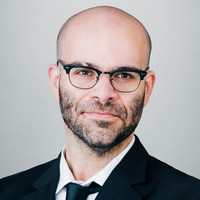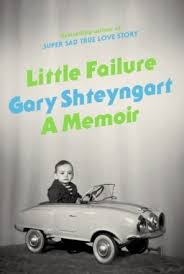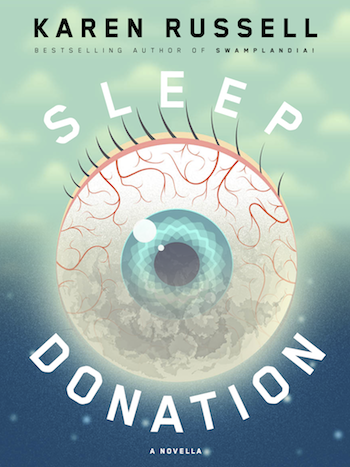Azmat Khan is an investigative reporter and a contributing writer to The New York Times Magazine.
"For me, what matters most is systematic investigation, and I think that’s different than an investigative story that might explore one case. It’s about stepping back and understanding the big picture and getting to the heart of something. It doesn’t have to be a number’s game, but being able to say: Look, I looked at a wide enough sample of whatever this issue is, and here is what this tells us. That is what I crave and love the most."
Thanks to MailChimp and Barkbox for sponsoring this week's episode.


 Pamela Colloff is an executive editor and staff writer at Texas Monthly.
Pamela Colloff is an executive editor and staff writer at Texas Monthly.
 Mimi Swartz has written for Talk, The New Yorker and Vogue. She is an executive editor at Texas Monthly.
Mimi Swartz has written for Talk, The New Yorker and Vogue. She is an executive editor at Texas Monthly.











